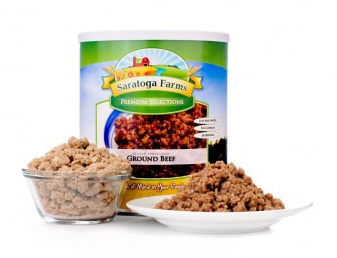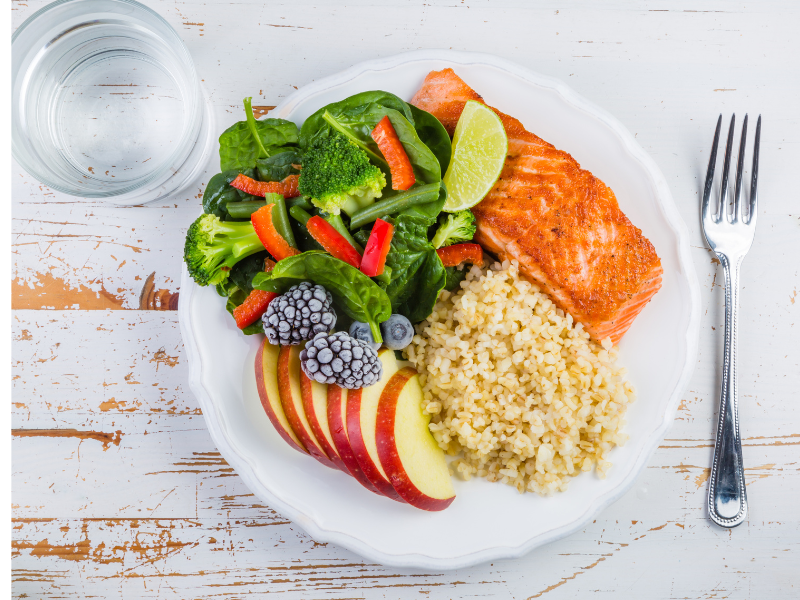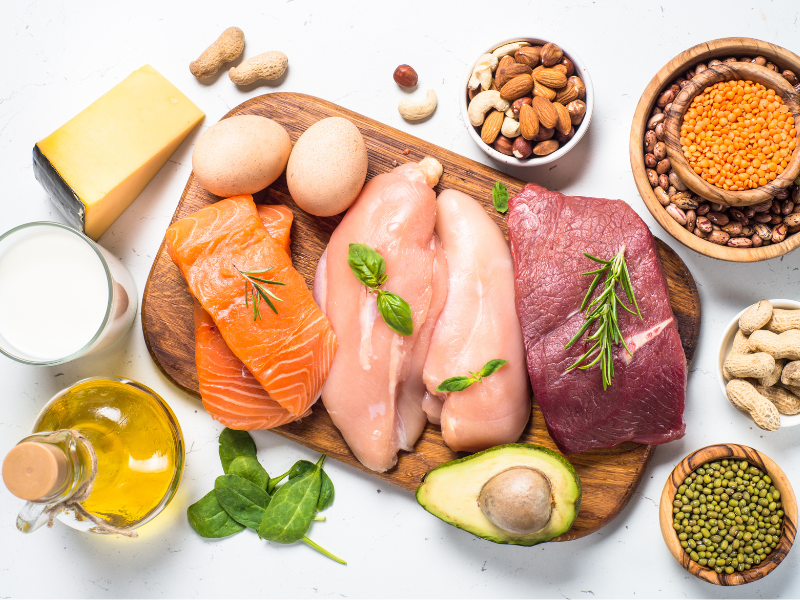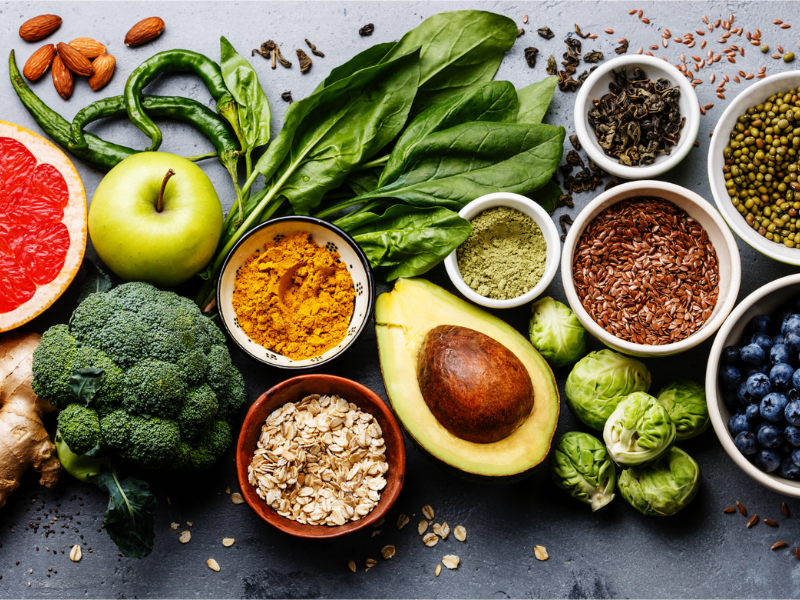Create a nutritious food storage with long-term, healthy meal-planning solutions.

Last week, inspired by the Netflix documentary Game Changers, my wife and I decided to try a mostly plant-based diet for a week. The main challenge was planning meals to fit this new lifestyle, which reminded me of food-prepping for emergencies. Creating a long-term food storage supply involves similar planning and lifestyle adjustments.
Understanding Freeze-Dried Food
What is the Texture of Freeze-Dried Food?
Freeze-dried foods undergo lyophilization, which removes water through sublimation. This process results in lightweight, brittle, and dry food that can be easily stored. After rehydration, freeze-dried food regains its texture, making it taste fresh and moist as if it hadn’t been preserved.

Note: While some foods are tasty in their dry form, like freeze-dried fruits and vegetables, others are better rehydrated.
Does Freeze-Dried Food Taste Good?
Because freeze-dried foods retain their molecular structure, flavors stay intact. Cooking skills play a role in bringing out the best flavor in these preserved foods.
Does Freeze-Dried Food Keep Its Nutritional Value?
Yes! Freeze-drying preserves nutrients. Nutrient-dense foods before preservation remain nutritious afterward, making freeze-dried ingredients a reliable option for healthy meals.
Planning a Nutrient-Dense Emergency Food Storage
What Does a Nutrient-Dense Meal Look Like?
Everyone needs six essential nutrients daily: proteins, carbs, fats, vitamins, minerals, and water. Each meal should include a balanced portion of these nutrients.

Macro-Nutrients
Proteins
The Dietary Reference Intake (DRI) for protein is 0.36 grams per pound of body weight daily. For instance, a person weighing 160 pounds would need 57 grams of protein per day, which can be achieved through three servings of freeze-dried ground beef.
Carbohydrates
Carbohydrates are essential for energy. An average adult should consume 45-65% of their calories from carbs, equating to around 200-300 grams daily. Three servings of Saratoga Farms Lasagna covers more than half of this requirement.
Fats
Fats are crucial for the body. An adult's daily intake recommendation is around 75 grams. A meal with Lasagna and ground beef provides 58% of the recommended fat intake, along with other nutrients.

Vitamins and Minerals
Essential vitamins and minerals and their natural food sources include:
- B-12: Meat, poultry, fish, milk, cheese
- Vitamin C: Citrus fruits, potatoes, broccoli, spinach
- Vitamin A: Beef, liver, eggs, carrots, spinach
- Vitamin D: Fortified milk, fatty fish
- Vitamin E: Vegetable oils, leafy greens, nuts
- Calcium: Yogurt, cheese, milk, leafy greens

Simplifying the Process
We offer food storage options that meet nutrient needs with a 25-year shelf-life, like the Ultimate All-Meat Bucket, Fruit Fest, and Very Veggie packs.













